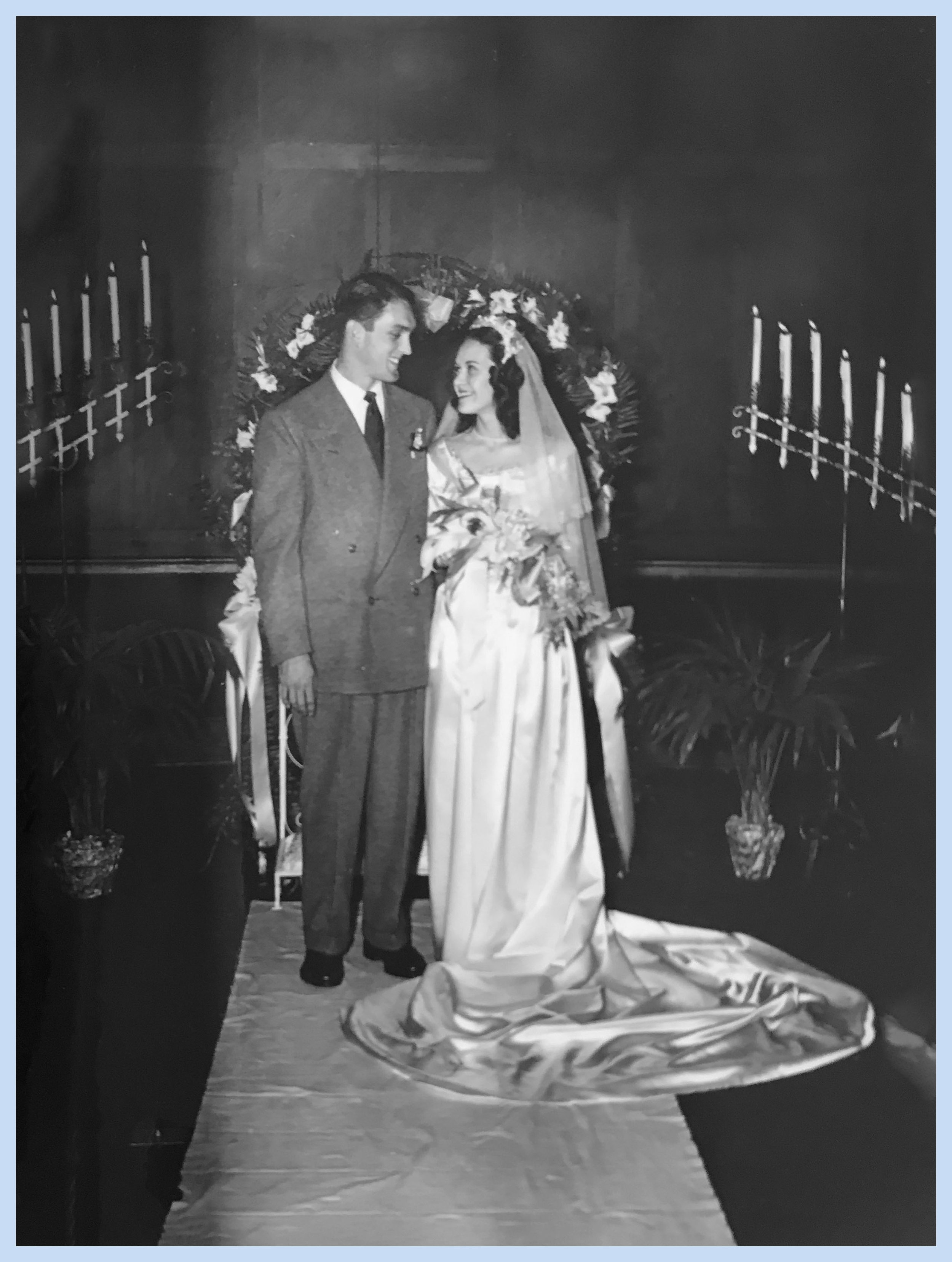Is there no end to bad songs?
Over the years we have been handed hundreds of CDs, lyric sheets, and music and lyrics on music staff paper. Out of those I can count on two hands the gems—songs of quality that deserved to be heard and sung. The reason for such a slim outcome is the very reason every Christian college should offer at least a serious class and hopefully a major in songwriting, since our faith has always been carried on the wings of a song.
Why bad songs are bad and good songs are good is a topic that demands much more than this blog. But at least I must say what my mother often said: “Cream rises to the top.” I knew what this meant because my grandfather had two or three cows that he milked by hand. He poured the fresh milk into what he called a separator. It was a tall milk container sort of shaped like a huge metal vase. The opening was wide then narrowed to a waistline that held a round white filter. When the filtering milk can was full, the milk was left to set for a few hours. The cream content of the milk would rise to the top, most of which was then dipped off to churn butter. The rest was mixed with the remaining milk and put in the “ice box” for us to drink.
I find myself wishing there were a filtered separator through which worship leaders would pour the endless committee-written songs that are being milked by worship publishers from their writing rooms of eager young would-be songwriters.
How I wish that these young writers with such good hearts could spend time reading great literature and studying the poetry and music that has lived through season after season of musical fads and evolving popular rhythm feels. How we need for these great hearts to spend time being schooled by the scripture and internalizing the spiritual metaphors that should teach us all how to navigate the obstacle courses of our own lives.
What makes me saddest of all is that our language is so rich with possibilities, the well of spiritual experience so deep, and minds and souls of aspiring writers are such a potential resource that none of us as followers of the Master should be satisfied to nurture our souls on the skimmed milk of weak phrases and four popular chords just because there is so much of it.
Great songs, great literature, and great art all take layer after layer of deep study, life experiences (both hard and beautiful), and skillful discipline. There is always room for creative innovation that plows new ground and uses new media of expression. But the quality should get better and better because we have such a great history to build upon—a deep history to teach us. The times demand it!
Art of faith should be (and historically has been) the greatest art of all, because we are writing and singing about the God of all time and space, the source of all life and creativity. Our subjects are inexhaustible and our pursuit of ways to express the depth and breadth and height of our personal experiences with God should drive us to find unique and fresh ways to tell the great Story ever told.
Let’s not settle for bland and mediocre reconstituted dried skim milk. Let go for the cream!























































































